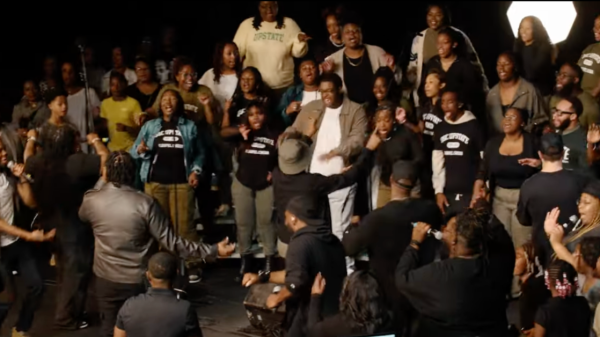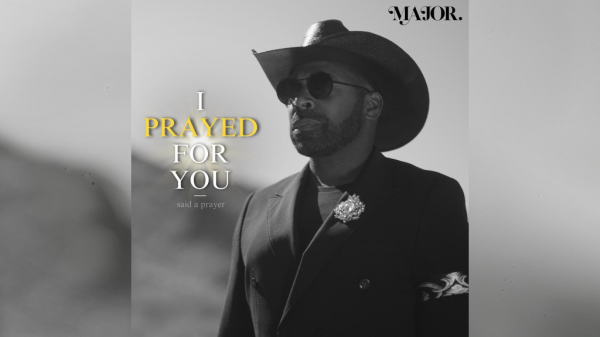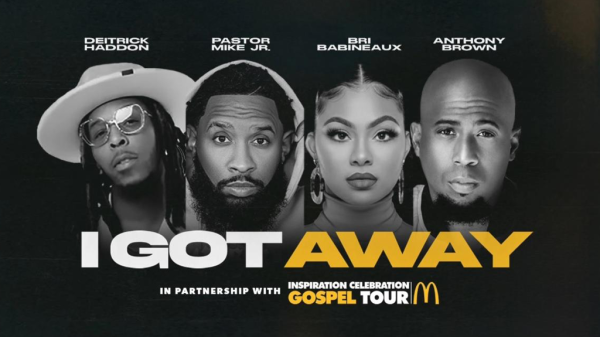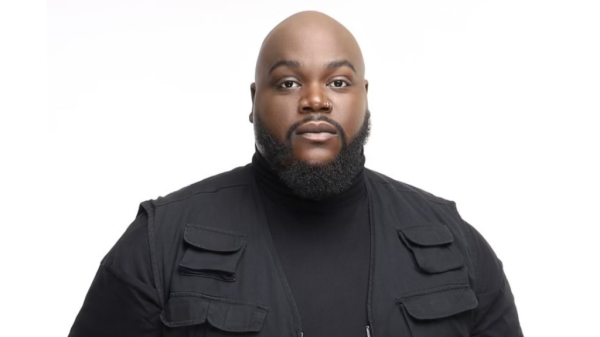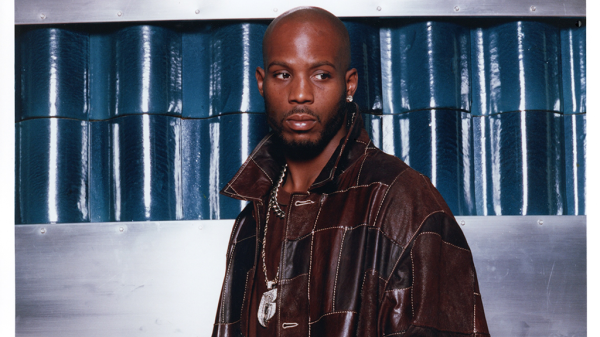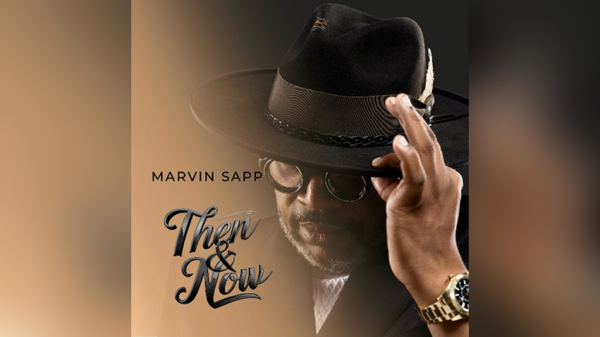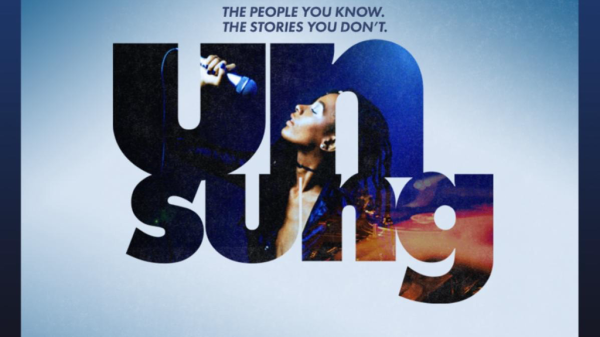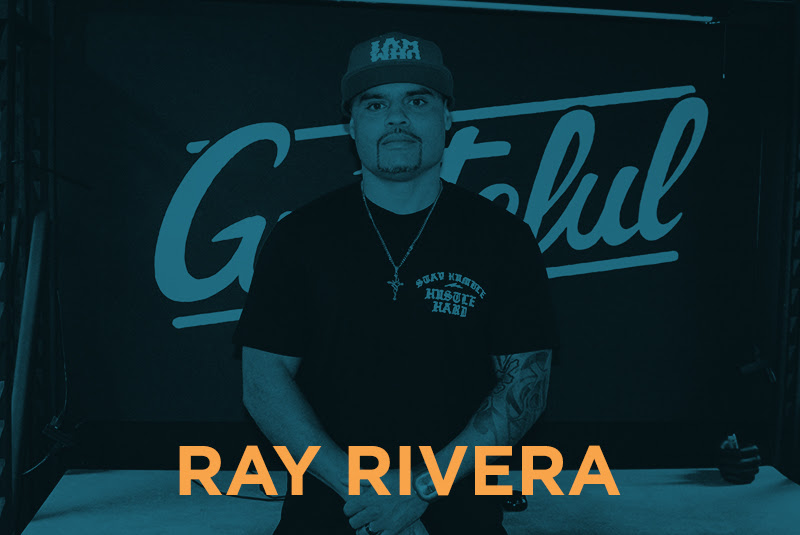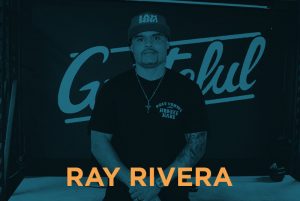 Raymond Rivera is the founder of Grateful Apparel, a lifestyle brand that has collaborated with artists including Andy Mineo and New York Times best seller Jefferson Bethke. Proceeds from Grateful fund Rivera’s two non-profit transitional homes called 3Sixty Houses, where sufferers of addiction or poverty receive help. Rivera opened the homes after he became a Christian and stopped dealing drugs in 2005. Without a source of income, though, Rivera started to run out of money to finance them. He responded by launching Grateful in 2008, but — due to anxiety — communication with people came painful for him, and business was nearly non-existent. However, as a lack of funding threatened his 3Sixty Houses, Rivera chose to get uncomfortable.
Raymond Rivera is the founder of Grateful Apparel, a lifestyle brand that has collaborated with artists including Andy Mineo and New York Times best seller Jefferson Bethke. Proceeds from Grateful fund Rivera’s two non-profit transitional homes called 3Sixty Houses, where sufferers of addiction or poverty receive help. Rivera opened the homes after he became a Christian and stopped dealing drugs in 2005. Without a source of income, though, Rivera started to run out of money to finance them. He responded by launching Grateful in 2008, but — due to anxiety — communication with people came painful for him, and business was nearly non-existent. However, as a lack of funding threatened his 3Sixty Houses, Rivera chose to get uncomfortable.
From Drug Dealer to Christian Leader: How Raymond Rivera Became Unashamed and Uncomfortable
Something that Raymond Rivera had used to get rich as a drug dealer now threatened the drug addicts under his care.
The threat was quietness.
“He wouldn’t say three words,” Pastor Raymond Ramos, his first Christian mentor, said. “He couldn’t put a sentence together initially, especially in front of a group of people.”
This held back Rivera’s business, Grateful Apparel, a clothing brand founded solely to financially support his 3Sixty Houses, where dozens of addicts now lived. In its first year, Grateful did not profit enough to financially support one addict — let alone two homes of them.
“I remember driving to different states, selling two T-shirts,” Rivera said.
The previous three years, Rivera and his family had lived off of savings, which were almost gone. If Rivera failed to make Grateful profitable soon, he would lose a 3Sixty House. Despite the circumstances, Rivera never feared failure.
Fueled by his past, he felt too driven to fail.
Becoming Unashamed
Rivera claims Thanksgiving 2001 is the only day he’s ever cried.
It was Day 5 of his cocaine binge. The 32-year-old Queens, New York native had been addicted for over a decade. If the crumpled $1 in his pocket was enough to buy another high, it’s what he would’ve purchased. Instead, he treated himself to Thanksgiving dinner — a cup of Campbell’s chicken noodle soup from the corner store.
Out of money, food, drugs and energy to steal money, food or drugs, Rivera spent the rest of the day weeping, collapsed on the couch of his basement apartment. His cocaine binges often didn’t end well, but this was a new low.
“I felt like there was so much more for me in life,” he said. “I just didn’t know how to achieve it. The drugs took me down a road that I was just stuck in.”
Thanksgiving was the last day Rivera used drugs. He started to follow a friend and fellow addict to 12-step recovery meetings, where Rivera learned how to achieve more in life — don’t do drugs, just deal them. He had also hustled for over a decade, but drug use had withheld his potential as a pusher.
“I had been using since 15,” Rivera, who grew up with an alcoholic father and no mother, said. “I just thought I was a loser; I was destined for nothing. But when I got clean, I realized that I was pretty responsible, so the whole drug thing kind of flourished.”
Within five years, Rivera had collected numerous cars, a boat and five homes — one in Long Island and four in Florida.
For some reason, though, he still felt like there was more for him in life. He learned why when Pastor Raymond Ramos, also a recovered addict, guest spoke at a 12-step meeting.
“[Ramos] said this one thing that changed my life,” Rivera said. “You can’t fill a spiritual void with things of the physical.”
This explained why Rivera’s newfound health and wealth had failed to satisfy him.
Eventually, Ramos convinced him to attend church, and, quickly, Rivera desired to retire from dealing.
“I was tired of it,” Rivera said. “It didn’t fulfill me. The only time I felt good was when people were at my house. I was having big BBQs, and the house was crowded … But when everybody would leave, I would be stuck with myself. I had that hole. I wanted more, so I used be like, ‘Yo God, get me out of this lifestyle.’”
Rivera stopped selling to most of his clients, but to support his lavish lifestyle, he kept the three largest.
However, one soon burned a bridge.
New York-bound from Miami, a stash vehicle of Rivera’s worth $40,000 was robbed, according to the customer responsible for it. Rivera was convinced, though, the customer had robbed him. $40,000 was only a small fraction of Rivera’s net worth, but “according to the code of the streets,” he said, he needed to plot revenge or “he’d might as well leave his front door open for others to come and try him.”
“I was so angry at the situation that, for about a month,” Rivera said, “I looked for this dude relentlessly — from morning to night. I would sleep 2-3 hours days.”
His dissatisfaction reminded him of Pastor Ramos’s testimony.
“I was sitting in this big freaking house on Long Island by the water. I had this big TV in front of me. I was sitting on a big couch and had all this nice stuff around me,” Rivera said, “and I was miserable. I just looked around like, I would’ve never imagined, when I didn’t have anything, being in a place like this and feeling like that.”
Rivera pictured himself out of prison, vengeful over $40,000. Then he pictured himself in prison, sentenced to life behind bars, which anyone would pay $40,000 to escape. In that moment, he realized revenge wasn’t worth it.
Rivera stood up in his living room and raised his hands in the air.
“God,” he said, “whatever it means to serve you, I want to serve you.”
Rivera walked upstairs to bed and says he awoke a changed man. He stopped selling drugs, quit cursing and, despite an occasional vengeful urge, surrendered the desire to preserve his street cred. That year, Rivera sold his five homes and used the money to open the two 3Sixty Houses.
Becoming Uncomfortable
Rivera initially had enough money saved up to comfortably support himself and the 3Sixty Houses without a day job, but this only lasted about a year. As bills devoured his budget, Rivera realized he may need to get uncomfortable to keep their lights on.
“A couple of times, I was like, ‘I might have to move to the 3Sixty House,’” he said. “I thought my wife would have to move back to her parents’ house for a little while.”
Rivera was willing to even get a 9-to-5, an idea which made him nauseous. Then one day as he swam in his friend’s Orlando pool in 2008, Rivera got another idea.
“I’m going to make some cool Christian shirts,” he said to himself as he popped his head out of the water.
Immediately energized by idea, he climbed out of the pool and speed-walked through his friend’s house toward the office, where he drew the word “Grateful” on a napkin. It was the first version of the clothing company’s logo that he proceeded to launch, Grateful Apparel, and it was exactly how he felt about his new life.
But the possibility of being broke quickly became a reality again. The shirts sold slowly, primarily due to how Rivera’s anxiety effected his communication ability — an effect which had previously helped make him rich.
“When I hustled,” Rivera said, “I would always keep my ears to the streets. I didn’t talk much. Not too many people knew what I did. It kept me safe, and it gave me an advantage on people who talked too much. I always knew what they were up to; I might pick up a lead or contact.”
To his dismay, quietness benefits hustlers more than shirt salesmen. Rivera said he felt “imprisoned” by his anxiety. But, for the sake of the people living in his 3Sixty Houses — aided by the work ethic that also played a role in his old business’s success — he forced himself to be uncomfortable and socialize
“When I was hustling in the street,” Rivera said, “I would go the extra mile. The next step would always be in my mind: ‘How could I grow this thing? Who else can I meet?’ [When I started Grateful], I had a vision and I had a drive.”
At Rap Fest 2009 in the Bronx, Rivera introduced himself to an unsigned, New York-based rapper who he had never heard of and manned a merch table next to his, C-Lite. After some conversation, Rivera looked down at C-Lite’s shirts that read, “Sin Is Wack,” and told him Grateful could design a better version.
Rivera never needed to apply for a 9-to-5.
C-Lite became Andy Mineo, and his new Sin Is Wack shirt flew off the Grateful shelves. Years later, Mineo recommended Grateful to a spoken-word poet whose video “Why I Hate Religion, But Love Jesus” had just went viral, Jefferson Bethke. And by then, Rivera had begun to drive a tour bus full of merchandise to festivals across America, where more — initially painful — conversations created more business.
Today, Rivera tells his testimony like a born storyteller, and his journey — leaning on God through 46 years of diverse, uncomfortable circumstances — has helped hundreds of addicts through his 3Sixty Houses.
“He used what we learned from church and places like [narcotics anonymous], and he’s applied it to that [anxiety],” Ricky Santana, a childhood friend of Rivera’s said, “and the fact that he can stand in front of people he’s never seen before and share is really, really amazing.
“The work that he’s done is nothing short of amazing — nothing short of a miracle.”

